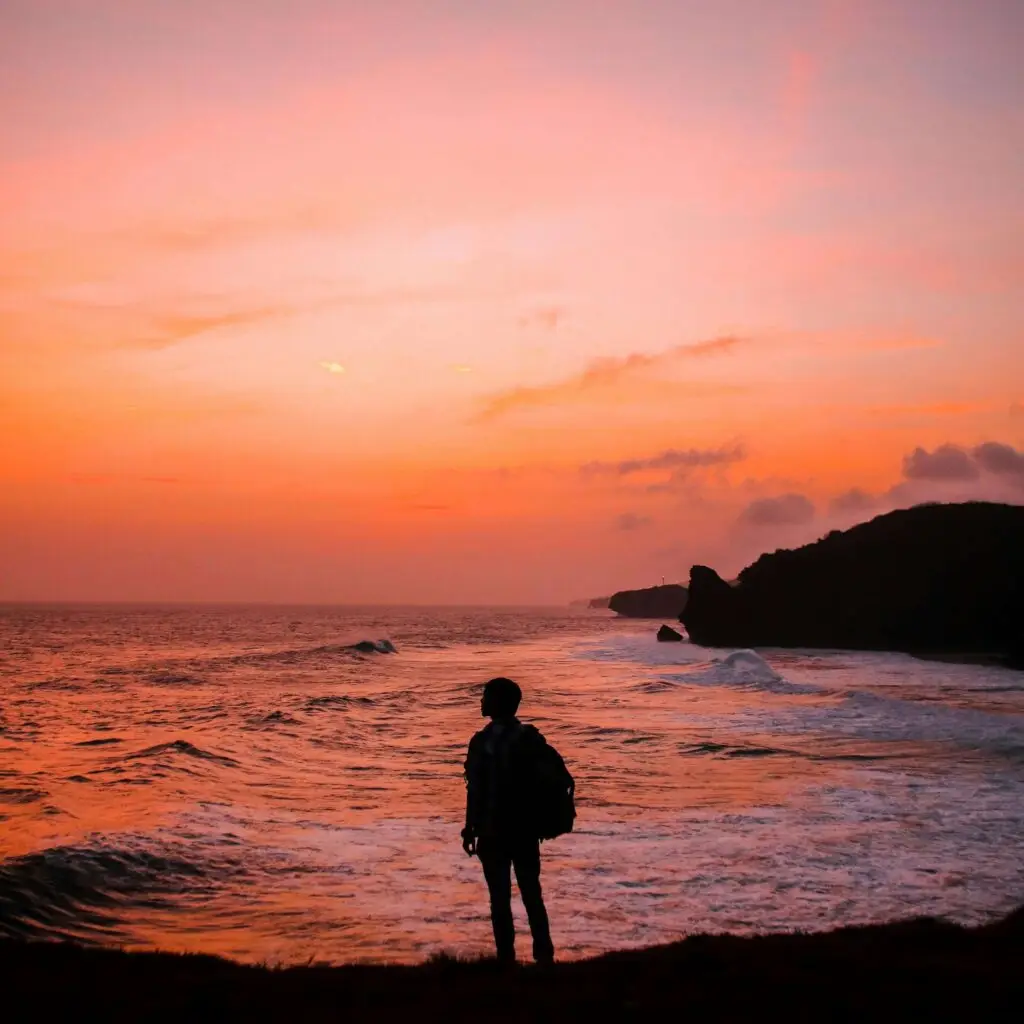Transforming a simple long weekend into an unforgettable adventure doesn’t require months of planning or a massive budget. The art of the quick adventure lies in maximizing every moment while embracing spontaneity and smart preparation. Whether you have three days or four, the right approach can create memories that last a lifetime.
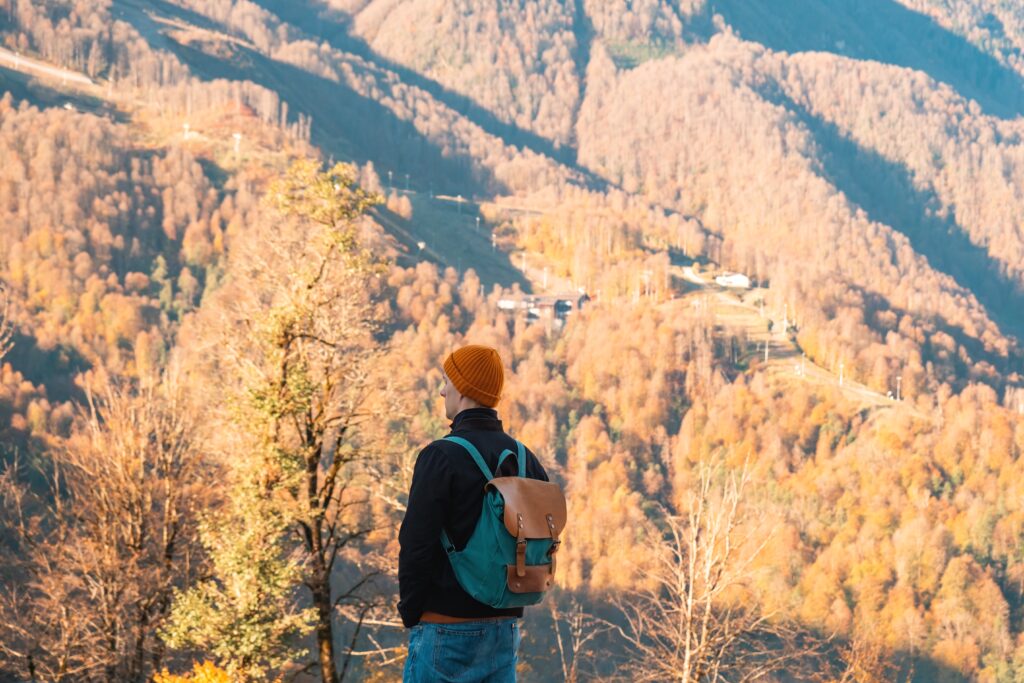
Why Quick Adventures Matter More Than Ever
Table of Contents
ToggleContemporary existence unfolds at an unprecedented tempo, leading many to defer aspirations whilst anticipating an elusive “perfect” moment or an extended holiday. Evidence, however, indicates that periodic, brief respite may yield greater restorative benefits than infrequent, protracted leave. Such micro-adventures are not merely tolerable stopgaps; they often edge out extended vacations in cumulative positive returns.
“The anticipation of a trip can boost happiness for weeks beforehand, and the memories continue to provide joy long after you return home,” says Dr. Elizabeth Dunn, happiness researcher at the University of British Columbia.
Quick adventures offer several unique advantages:
- Lower financial commitment
- Easier to schedule around work obligations
- Less travel fatigue
- Higher frequency of new experiences
- Reduced planning stress
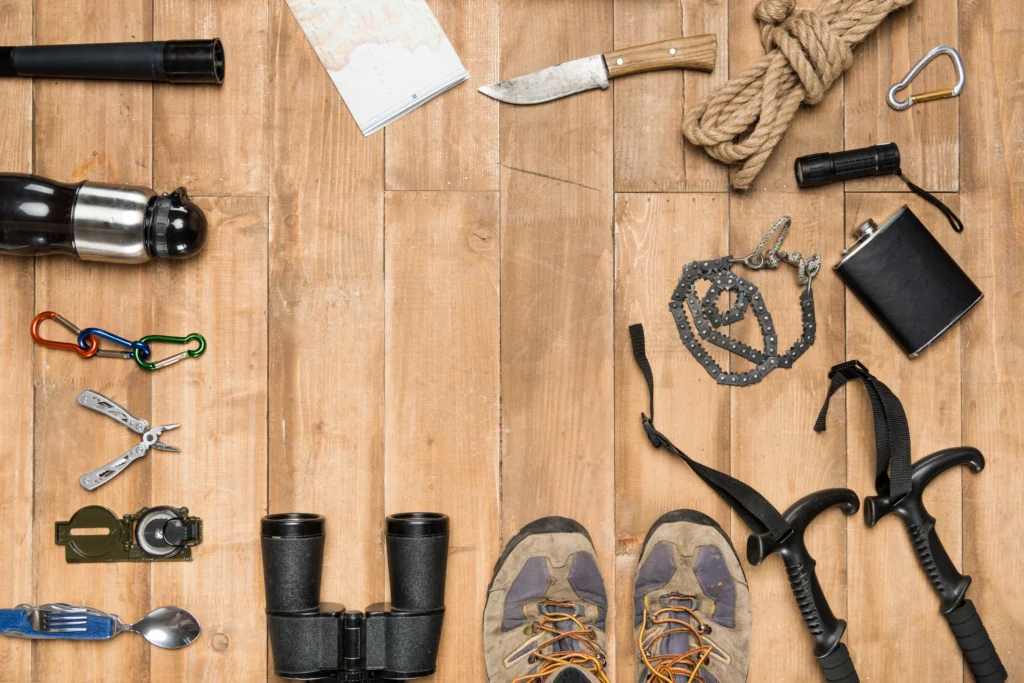
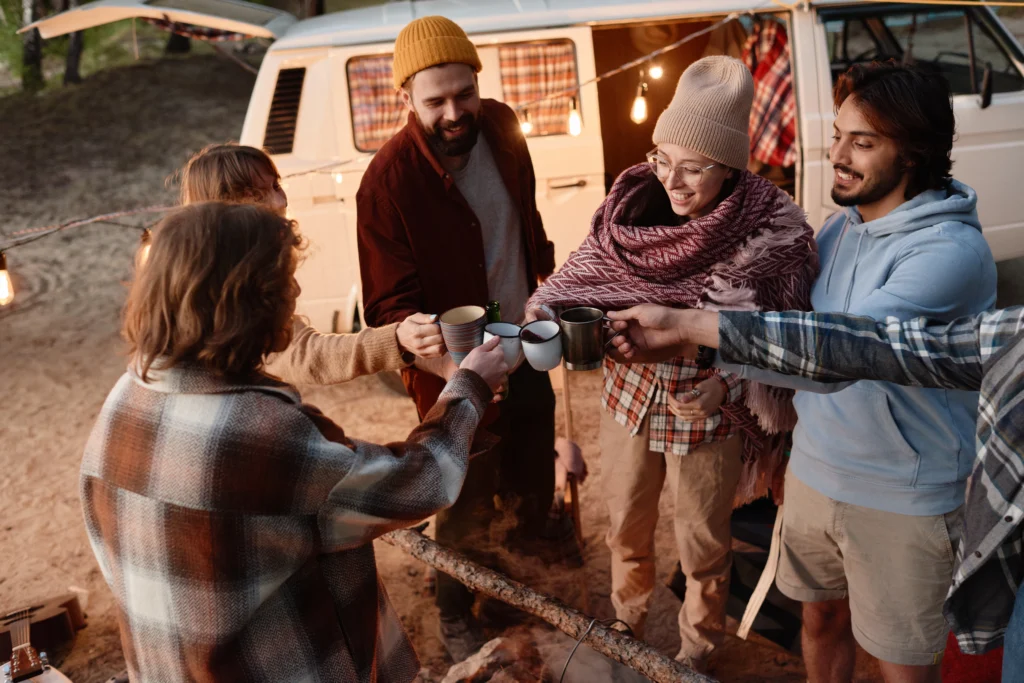
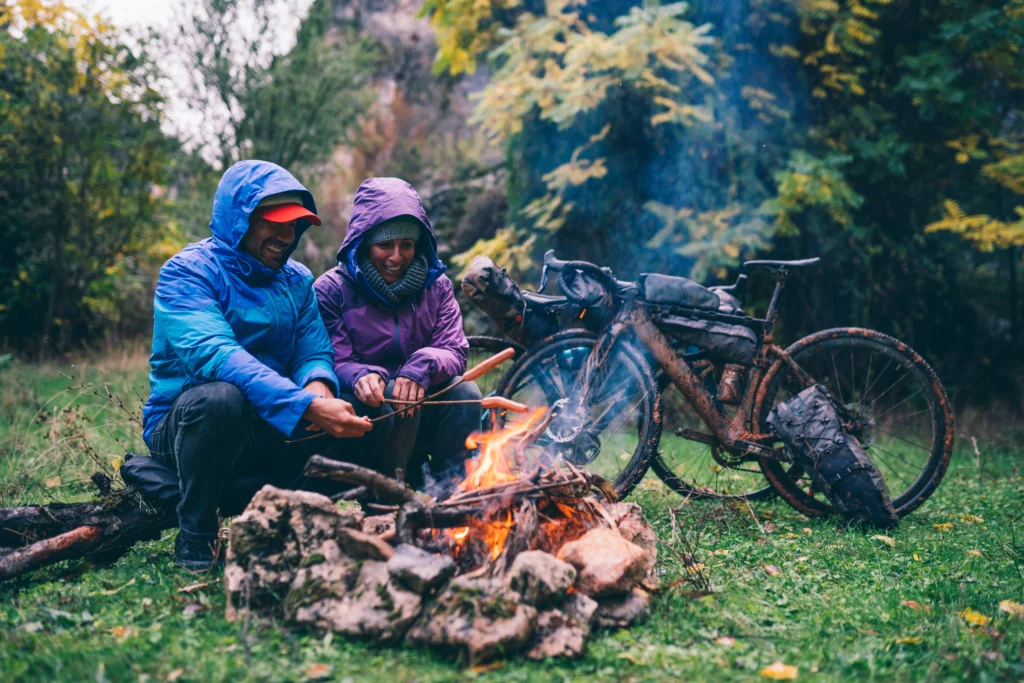
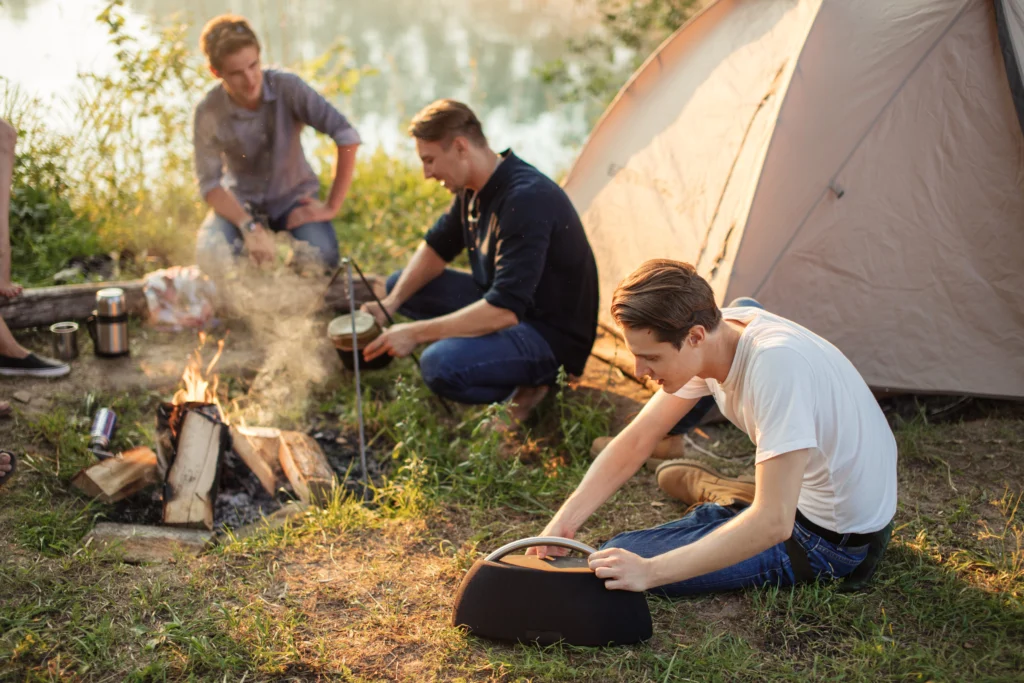
The Psychology Behind Memorable Experiences
We can plan better adventures if we know what makes experiences stick in our minds. Newness, strong emotions, and meaningful connections are all important for memory formation.
Adventures create lasting memories through:
Novelty: New environments stimulate our brains differently than routine activities.
Challenge: Overcoming obstacles together builds stronger bonds and personal confidence.
Shared experiences: Group adventures create collective memories that strengthen relationships.
Achievement: Completing goals, even small ones, releases endorphins and builds satisfaction.
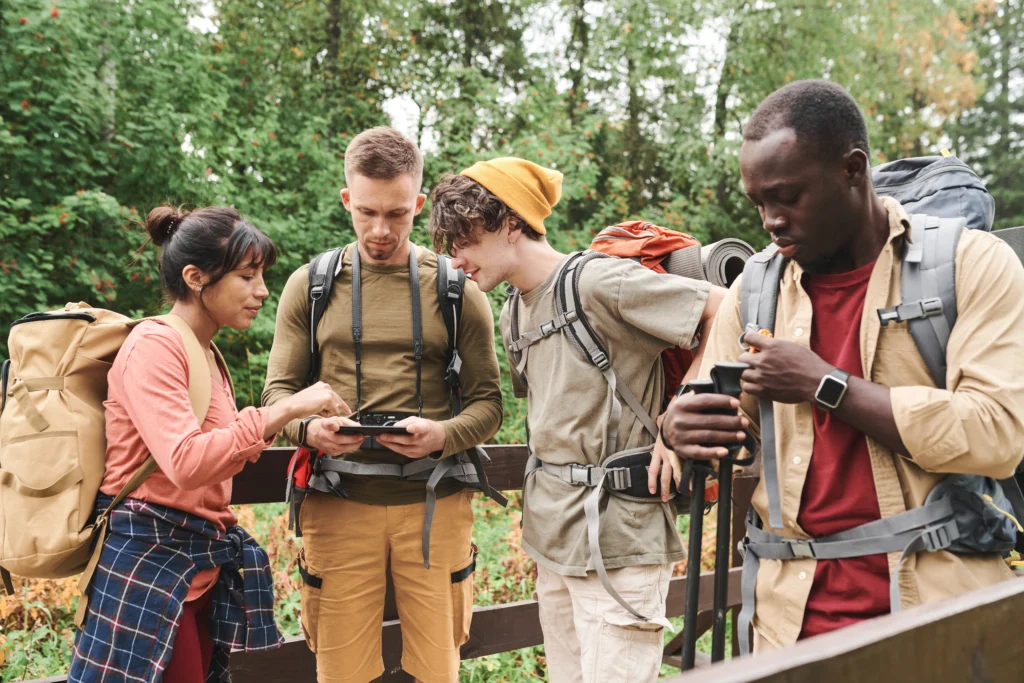
Planning Your Quick Adventure: The 48-Hour Formula
Planning shouldn’t take up weeks of your time. The 48-hour planning window gives you just the right amount of structure while still leaving room for spontaneity.
Step 1: Choose Your Adventure Type
Different personalities crave different experiences. Consider these popular categories:
Nature Escapes
- National park camping
- Hiking trail challenges
- Beach exploration
- Mountain cabin retreats
Urban Adventures
- City food tours
- Museum hopping
- Architecture walks
- Cultural festivals
Adrenaline Rushes
- Rock climbing
- Whitewater rafting
- Zip-lining courses
- Adventure parks
Step 2: Set Your Non-Negotiables
When you set clear goals, planning becomes easier. Planning cuts down on time by getting rid of all the choices. Planning lowers stress by setting realistic goals. Planning makes it easier to budget and use resources wisely.
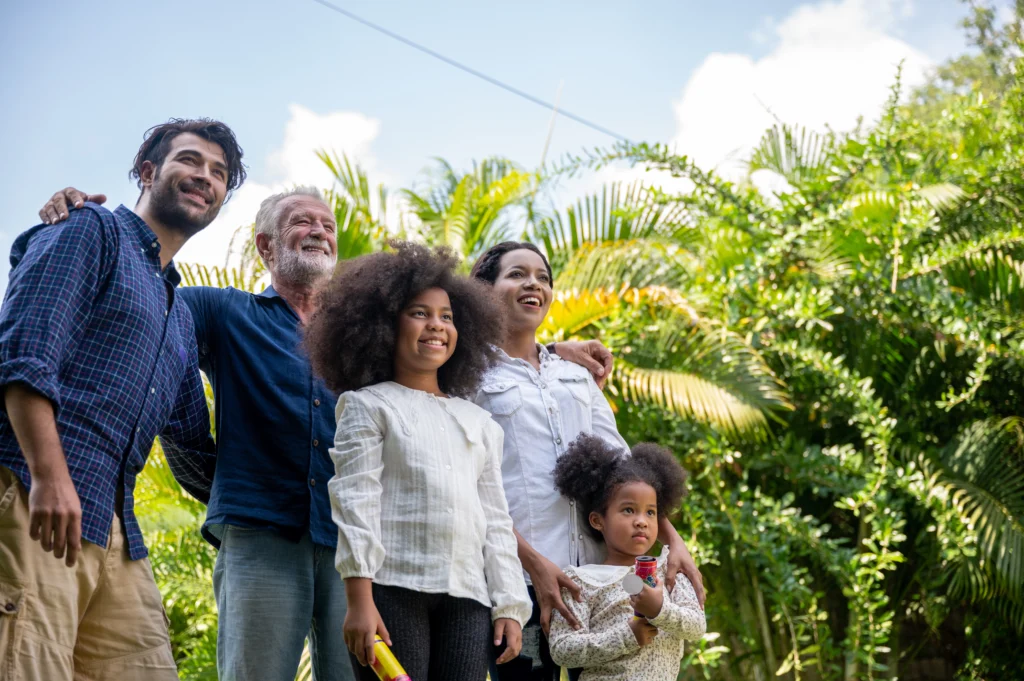
Essential Packing for Maximum Adventure
Smart packing can make or break a quick adventure. The goal is versatility without overpacking.
The Quick Adventure Packing List
Clothing Essentials:
- Moisture-wicking base layers
- Versatile outer layer
- Comfortable walking shoes
- Weather-appropriate accessories
Tech and Navigation:
- Portable charger/power bank
- Offline maps downloaded
- Emergency whistle
- Headlamp or flashlight
Adventure Gear:
Transportation Strategies That Save Time and Money
Getting there efficiently maximizes your adventure time while minimizing costs.
Road Trip Advantages
Road trips are the best way to have quick adventures because they give you so much freedom. You decide when to leave, where to stop, and how much luggage you can bring. Also, the trip is part of the experience.
Pro Tips for Adventure Road Trips:
- Download offline playlists and podcasts
- Pack healthy snacks to avoid frequent stops
- Research scenic route alternatives
- Keep emergency supplies in your vehicle
Flight Strategies for Distant Adventures
Sometimes flying opens up possibilities that driving cannot match.
“The key to quick adventure travel is treating every hour as precious. Even a delayed flight can become an opportunity for airport exploration or unexpected conversations,” notes travel expert Rick Steves.
Smart Flight Booking:
- Book flights that arrive early in the day
- Choose destinations within 3 hours flying time
- Pack light to avoid baggage delays
- Research airport transportation in advance
Making the Most of Limited Time
Time management becomes crucial during short adventures. Every hour matters when you only have a few days.
The Power of Early Starts
Early starts multiply your available adventure time. Sunrise activities often provide the best lighting, fewer crowds, and cooler temperatures.
Early Bird Benefits:
- Popular attractions with minimal crowds
- Better photo opportunities in golden light
- Cooler temperatures for physical activities
- More wildlife sightings in nature settings
Evening Adventures
Don’t waste precious evening hours. Many destinations come alive after dark.
Night Adventure Ideas:
- Stargazing in dark sky locations
- Night photography walks
- Evening cultural performances
- Sunset viewing from scenic overlooks
Safety Considerations for Quick Adventures
Adventure safety requires extra attention during short trips. Less preparation time means more careful risk assessment.
Pre-Adventure Safety Check
Safety should never be rushed, even when time is limited. Safety planning prevents emergencies before they occur. Safety awareness helps you recognize and avoid dangerous situations. Safety preparation gives you confidence to push your comfort zone appropriately.
Essential Safety Steps:
- Share your itinerary with trusted contacts
- Research local emergency contacts and procedures
- Check weather forecasts and alerts
- Understand your physical limitations
Group Safety Dynamics
Group adventures require additional safety considerations:
- Establish clear communication protocols
- Assign safety roles to different team members
- Create backup plans for various scenarios
- Ensure everyone understands their limits
Capturing and Preserving Adventure Memories
Documentation transforms good adventures into lasting treasures. The right approach captures moments without interfering with experiences.
Photography Strategy
Quick Adventure Photo Tips:
- Focus on people and emotions, not just scenery
- Capture small details that tell the story
- Take photos throughout the day, not just at highlights
- Include yourself in photos to prove you were there
Alternative Memory Keeping
Photos aren’t the only way to preserve memories:
- Keep ticket stubs, maps, and small souvenirs
- Write brief journal entries each evening
- Collect natural items (where permitted)
- Record short voice memos about funny moments
“The best adventures aren’t just experienced – they’re remembered, shared, and celebrated long after you return home,” explains memory researcher Dr. Daniel Schacter.
Overcoming Common Quick Adventure Obstacles
Every adventurer faces challenges. Preparation helps overcome the most common ones.
Weather Disruptions
Weather rarely cooperates perfectly with our plans. Successful adventurers adapt rather than cancel.
Weather Adaptation Strategies:
- Research indoor alternatives for outdoor activities
- Pack layers for temperature changes
- Embrace weather as part of the adventure story
- Have backup plans ready to implement
Budget Overruns
Money runs out faster during adventures than daily life.
Budget Protection Tips:
- Set daily spending limits and track expenses
- Identify free activities in advance
- Cook some meals instead of eating out constantly
- Look for package deals and group discounts
Building Adventure Skills Over Time
Each quick adventure teaches valuable lessons for future trips. The learning compounds with experience.
Skills That Transfer Between Adventures
Certain abilities prove valuable regardless of destination:
Universal Adventure Skills:
- Basic navigation and map reading
- Weather assessment and planning
- Risk evaluation and decision making
- Equipment care and maintenance
- Group leadership and communication
Adventure Skill Progression
Start with easier adventures and gradually increase difficulty:
- Beginner: Local day trips and easy overnight trips
- Intermediate: Multi-day adventures requiring more planning
- Advanced: Remote or technically challenging expeditions
- Expert: Leadership roles and specialized skill adventures
Technology Tools for Modern Adventurers
Smart technology use enhances rather than replaces traditional adventure skills.
Essential Apps for Quick Adventures
Navigation and Safety:
- AllTrails for hiking route information
- Weather Underground for detailed forecasts
- Google Translate for international communication
- First Aid by Red Cross for emergency guidance
Planning and Booking:
- Airbnb and Booking.com for last-minute accommodations
- GasBuddy for fuel planning during road trips
- Yelp for local restaurant and activity recommendations
- Groupon for activity discounts and package deals
Balancing Digital and Analog
Technology should enhance, not dominate, your adventure experience.
Digital Balance Tips:
- Designate phone-free periods during activities
- Use airplane mode to extend battery life
- Download offline content before losing signal
- Bring analog backups (paper maps, compass, watch)
Creating Adventure Traditions and Rituals
Rituals transform good adventures into cherished traditions. Simple practices create deeper meaning.
Personal Adventure Rituals
Develop meaningful practices that enhance each trip:
- Summit celebrations with special snacks or drinks
- Evening gratitude sharing around campfires
- Sunrise meditation or reflection time
- Adventure completion certificates or awards
Group Traditions
Shared rituals strengthen bonds between adventure partners:
“Creating traditions during adventures builds anticipation for future trips and strengthens the relationships formed during challenging experiences,” notes outdoor education specialist Dr. Sarah Johnson.
Group Ritual Ideas:
- Signature adventure meal recipes
- Photo recreation at the same location
- Adventure nickname ceremonies
- Skills teaching and learning exchanges
Seasonal Adventure Opportunities
Each season offers unique quick adventure possibilities. Seasonal planning maximizes natural conditions.
Spring Adventures
Spring brings renewal energy and moderate conditions:
- Wildflower hiking and photography
- Bird migration observation
- River activities before summer crowds
- Festival season exploration
Summer Adventures
Summer provides maximum daylight and accessibility:
- Beach and water sport activities
- Mountain backpacking and camping
- Outdoor concert and festival attendance
- Long-distance cycling tours
Fall Adventures
Autumn offers comfortable temperatures and spectacular scenery:
- Leaf-peeping road trips and hikes
- Apple picking and farm visits
- Harvest festival participation
- Photography expeditions
Winter Adventures
Winter creates magical landscapes and unique activities:
- Snowshoeing and cross-country skiing
- Hot springs soaking adventures
- Winter camping and survival skills
- Holiday market exploration
Building Your Adventure Network
Adventure partners enhance safety, reduce costs, and create shared memories.
Finding Adventure Partners
Online Communities:
- Meetup groups for specific activities
- Facebook adventure and hiking groups
- Reddit communities for your region
- Adventure-focused dating and friendship apps
Local Connections:
- Outdoor gear shop bulletin boards
- Community college adventure classes
- Local hiking and climbing clubs
- Workplace adventure enthusiasts
Maintaining Adventure Relationships
Good adventure partnerships require nurturing:
- Respect different skill levels and comfort zones
- Share costs and responsibilities fairly
- Communicate clearly about expectations
- Celebrate each other’s achievements
The Long-Term Benefits of Regular Quick Adventures
Regular short adventures create cumulative benefits beyond individual trips.
Physical Health Benefits
Adventure activities naturally incorporate exercise into recreation:
- Cardiovascular improvement from hiking and active pursuits
- Strength building through varied physical challenges
- Balance and coordination development
- Vitamin D absorption from outdoor activities
Mental Health Advantages
Adventures provide natural stress relief and mental stimulation:
“Regular adventure experiences interrupt negative thought patterns and provide perspective on daily challenges,” explains adventure therapist Dr. Michael Gass.
Psychological Benefits:
- Reduced anxiety and depression symptoms
- Improved problem-solving skills
- Enhanced self-confidence and resilience
- Better stress management abilities
Social Connection Building
Shared adventures create strong social bonds:
- Deeper friendships through shared challenges
- Expanded social networks through activity communities
- Improved communication and teamwork skills
- Family bonding opportunities
Advanced Quick Adventure Strategies
Experienced adventurers develop sophisticated approaches to maximize limited time.
The Adventure Stack Method
Combine multiple complementary activities within one trip:
Example Adventure Stack:
- Day 1: Scenic drive with photography stops
- Day 2: Hiking with wildlife observation
- Day 3: Cultural activities and local food exploration
- Evening: Stargazing or local entertainment
Micro-Adventures Within Adventures
Break larger adventures into smaller meaningful experiences:
- Morning wildlife watching before group activities
- Solo reflection time during social trips
- Skill practice sessions between main events
- Spontaneous exploration during travel days
Troubleshooting Common Adventure Problems
Experience teaches us how to handle typical challenges gracefully.
Equipment Failures
Gear problems occur at the worst possible moments. Preparation and flexibility minimize their impact.
Equipment Problem Solutions:
- Always pack backup items for critical gear
- Learn basic repair techniques for common failures
- Research local equipment rental and purchase options
- Develop workaround strategies for missing items
Group Dynamic Challenges
Different personalities and skill levels can create friction during adventures.
Group Management Strategies:
- Discuss expectations clearly before departing
- Assign roles based on individual strengths
- Create decision-making processes for the group
- Plan individual space and time when needed.
Measuring Adventure Success
Success metrics help improve future adventure planning and execution.
Quantitative Measures
Some aspects of adventure success can be measured objectively:
- Distance traveled or elevation gained
- Number of new experiences attempted
- Budget adherence and cost efficiency
- Safety incidents avoided
Qualitative Assessments
The most important adventure measures are subjective:
- Personal satisfaction and fulfillment levels
- Relationship strengthening and new connections
- Skill development and confidence building
- Memory creation and story generation
“The best adventures are measured not in miles covered or photos taken, but in the personal growth and joy experienced along the way,” reflects adventure photographer Ansel Adams Jr.
Advanced Planning Techniques for Regular Adventurers
Frequent adventurers develop systems that streamline preparation while maintaining spontaneity.
The Adventure Calendar Strategy
Plan multiple adventures simultaneously to optimize scheduling and budgeting:
- Block adventure weekends on your calendar months ahead
- Research seasonal opportunities during slower periods
- Book accommodations during off-peak pricing
- Coordinate with adventure partners’ schedules
Gear Organization Systems
Efficient gear management saves time and prevents forgotten essentials:
Organization Tips:
- Create activity-specific packing lists
- Store gear in clearly labeled containers
- Maintain equipment immediately after each trip
- Track gear expiration dates and replacement needs
Environmental Responsibility During Adventures
Sustainable adventure practices protect the places we love to explore.
Leave No Trace Principles
Follow established guidelines for minimal impact recreation:
- Plan ahead and prepare
- Travel and camp on durable surfaces
- Dispose of waste properly
- Leave what you find
- Minimize campfire impacts
- Respect wildlife
- Be considerate of other visitors
Supporting Local Communities
Adventure spending can benefit destination communities:
- Choose locally owned accommodations and restaurants
- Hire local guides and outfitters when possible
- Purchase supplies from community businesses
- Respect local customs and cultural sites
“Responsible adventuring ensures that the places we love remain available for future generations to discover and enjoy,” states wilderness conservation expert Dr. Terry Tempest Williams.
Creating Your Personal Adventure Philosophy
Develop guiding principles that inform all your adventure decisions.
Defining Your Adventure Values
Consider what matters most in your adventure experiences:
Common Adventure Values:
- Personal growth and challenge
- Connection with nature
- Quality time with loved ones
- Cultural learning and exploration
- Physical fitness and health
- Creative inspiration and renewal
Adventure Goal Setting
Set both short-term and long-term adventure objectives:
Goal Categories:
- Skills to develop (navigation, climbing, photography)
- Destinations to explore (national parks, foreign countries)
- Experiences to have (sunrise summit, ocean crossing)
- People to adventure with (family, new friends)
The Future of Quick Adventures
Adventure opportunities continue evolving with technology and changing lifestyles.
Emerging Adventure Trends
New possibilities are constantly developing:
- Virtual reality location scouting
- Sustainable adventure gear innovations
- Adventure-focused social networking platforms
- Micro-adventure urban integration
Adapting to Changing Circumstances
Life changes don’t have to end adventure possibilities:
Adventure Adaptations:
- Family-friendly modifications for new parents
- Accessibility considerations for physical limitations
- Budget adjustments for economic changes
- Time modifications for career demands
Conclusion: Your Adventure Awaits
The art of the quick adventure turns boring weekends into unforgettable memories. Success doesn’t come from making perfect plans; it comes from being open to new ideas and being ready to change your plans.
Today is the day to start planning your next short trip. Pick a place that you can drive to. Please mark the dates on your calendar. Make a reservation or buy one piece of gear you need.
Adventure doesn’t wait for the right time. It rewards people who know that three days of planned exploration can make memories that last for decades.
You only have to wait one weekend for your next great adventure.
Frequently Asked Questions
How much should I budget for a quick weekend adventure?
Budget amounts vary greatly depending on destination and activity choices. Local adventures can cost as little as $100-200 per person, while destination trips might range from $300-800. Focus spending on experiences rather than luxury accommodations.
What if weather ruins my adventure plans?
Weather challenges often create the most memorable adventure stories. Always research indoor alternatives, pack appropriate gear for conditions, and maintain flexible attitudes. Some of the best adventures happen when plans change unexpectedly.
How do I find adventure partners if I don’t have outdoorsy friends?
Join local outdoor clubs, attend gear shop events, use adventure-focused apps like Meetup or AllTrails, and consider guided group adventures where you can meet like-minded people. Many lasting adventure friendships start with strangers sharing common interests.
Is it safe to go on quick adventures with minimal planning?
Quick adventures can be very safe with smart preparation. Always inform others of your plans, research basic safety information about your destination, carry emergency supplies, and stay within your skill level. Planning efficiently is different from planning inadequately.
How can I make quick adventures more affordable?
Reduce costs by camping instead of staying in hotels, cooking meals instead of eating out constantly, choosing destinations within driving distance, visiting during off-peak seasons, and sharing expenses with adventure partners. Focus spending on experiences that matter most.
What gear do I actually need for most adventures?
Essential gear includes weather-appropriate clothing, sturdy footwear, navigation tools, first aid supplies, water and food, and emergency communication devices. Start with versatile basics rather than specialized equipment. Rent or borrow specialized gear until you know what you prefer.
Ready to start your adventure journey? Check out our recommended gear and planning resources through our affiliate partnerships. Every purchase supports more adventure content and helps fund our own quick adventures that we share with you.


